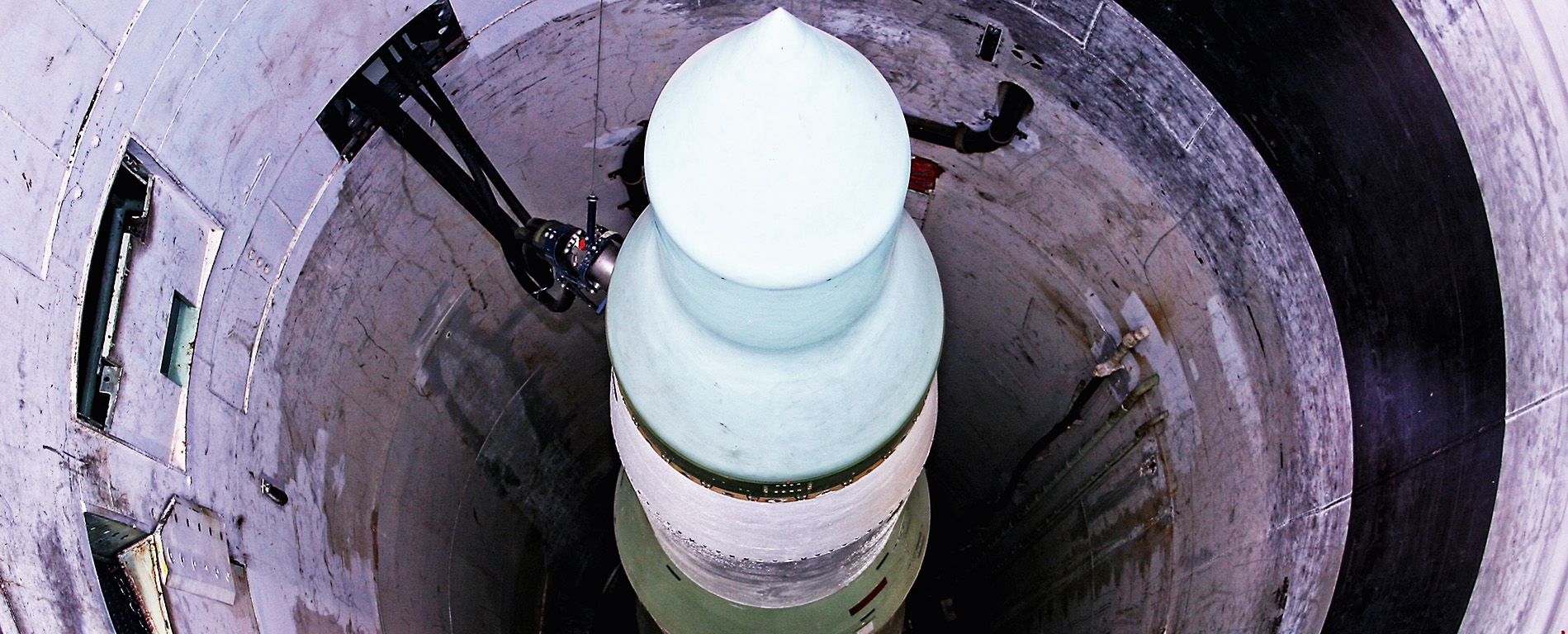In September of 1980, the liquid fuel of a Damascus Titan nuclear missile exploded at the Little Rock Air Force Base1. The blast destroyed nearby buildings and scattered debris over a 400-acre area.
Luck and contingency planning averted the worst. The warhead did not detonate, and only one airman died.
But the worst was possible.
So what happened?
In brief: a mistake.
Pressed for time, two soldiers had taken the wrong ratchet to perform routine maintenance. A socket had dropped off the ratchet, fallen several stories, and punched a hole in the missile’s fuel tank.
Cue disaster.
Details matter. They matter in high-risk scenarios (and what risk could be higher than nuclear war?), but they also matter on smaller scales.
They matter for individuals.
They matter for businesses.

Troubling details can take many forms—questionable rebates, warnings from workers, an increase in shadow IT. They can result in missteps as easily as disasters.
One of your accountants misstates expected revenue. Your hot new product has a fatal design flaw. You overlook a posting queued for approval.
Tools help. You should have an ERP system, and that system should be as comprehensive and unified as possible. It’s hard to see clearly through cracked lenses.
But even the best tool can’t mandate its own use. If you really want to mitigate errors, you will need to develop a culture of diligence—in your company, your department, your leadership team.
You will need, not only to see details, but to look for and act on them.
You can’t eliminate errors.
But with a dedicated culture and a unified system—
You can select the right wrench—
And avoid disaster.
I’d love to talk more. Please don’t hesitate to reach out.
1 For more information about the Damascus explosion, listen to this episode from NPR-affiliated podcast This American Life. If you really want to learn more, see Eric Schlosser’s book Command and Control or the NPR documentary of the same name.

 Promoted By Nathan Mccann | July 10, 2018
Promoted By Nathan Mccann | July 10, 2018